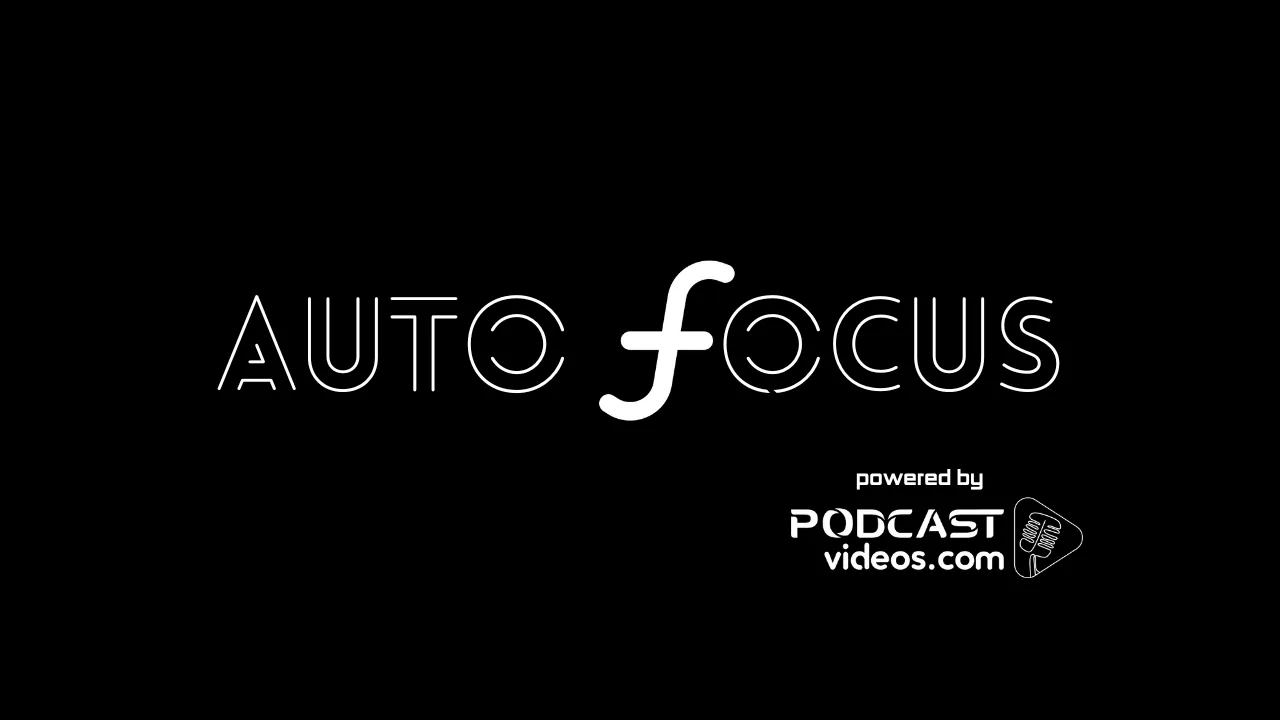A dozen creators at podcast company Pushkin Industries are now unionized.
The agreement, announced on March 14, was approved unanimously by the company’s 12-member bargaining unit, which includes writers, producers, editors, and engineers.
Represented by the Writers Guild of America, East, the employees secured a three-year contract that establishes a $73,000 minimum salary, a 6% raise in the first year, followed by 3% annual raises thereafter.
Other provisions include a 3% 401(k) employer match, 16 weeks of fully paid parental leave, 12 weeks of severance pay with retention of work laptops, protections for remote and hybrid workers, and designated “quiet weeks” in August and December.
The contract also outlines intellectual property rights and guidelines for the use of artificial intelligence.
A Growing Trend in Podcast Unionization
Pushkin Industries is the latest in a growing number of podcasting companies to unionize in recent years. The trend began gaining momentum after Spotify’s acquisition of several prominent podcasting outfits, prompting concerns among workers about job security, transparency, and compensation.
At Gimlet Media, employees voted to unionize with WGAE in 2019. After a protracted negotiation process, they ratified their first collective bargaining agreement in 2021, which included minimum salary standards and editorial protections.
The Ringer, also acquired by Spotify, followed a similar path. Its editorial staff unionized in 2019 and finalized a contract in 2021 that addressed salary floors and diversity initiatives.
Parcast, another Spotify-owned podcast network, unionized in 2020 and reached a contract agreement in 2022 after more than a year of negotiations.
iHeartMedia’s podcast division also faced unionization efforts in recent years. Employees cited workload concerns, pay disparities, and a lack of job security as motivating factors. These workers have pushed for improved benefits, greater transparency in hiring and promotion practices, and enforceable commitments to diversity and inclusion.
Underlying Causes of Union Efforts
Unionization in the podcasting sector is driven by several recurring issues. Chief among them is compensation.
Workers often cite a mismatch between their pay and the revenue generated by popular podcast series. Concerns about job security—especially in an industry marked by rapid growth, corporate consolidation, and frequent restructuring—have also played a central role.
Additionally, employees have expressed frustration over unclear advancement opportunities, heavy workloads, and limited input into creative or strategic decisions. For many, unionization offers a path toward greater workplace stability and a stronger collective voice in company affairs.
Impact on Workers and Companies
The impact of unionization has been significant for employees, leading to more standardized pay scales, expanded benefits, and formalized workplace protections. It has also created mechanisms for addressing grievances and resolving disputes.
For companies, the rise of organized labor has necessitated changes in management practices. Employers are increasingly required to engage in structured negotiations and adhere to contractual obligations regarding pay, benefits, and working conditions.
While some companies have voluntarily recognized unions and negotiated in good faith, others have resisted or delayed the process. The presence of unions can increase operational costs and require more robust human resources infrastructure, but it may also contribute to improved employee morale and retention.
A Shift in the Business Climate
The wave of unionization in podcasting reflects a broader shift in the media and tech sectors, where workers are increasingly organizing to demand fair treatment.
The COVID-19 pandemic, widespread layoffs, and the concentration of power among a few large corporations have intensified these efforts.
In parallel with union activity in newsrooms, game development studios, and tech firms, podcasting workers are asserting their place in the evolving labor landscape.
As the industry matures and consolidates, the role of unions is likely to grow, shaping how podcasting companies structure their operations and relate to their employees.
The Pushkin Industries contract may serve as a bellwether for similar agreements in the future, setting a new standard for labor relations in the audio storytelling business.








